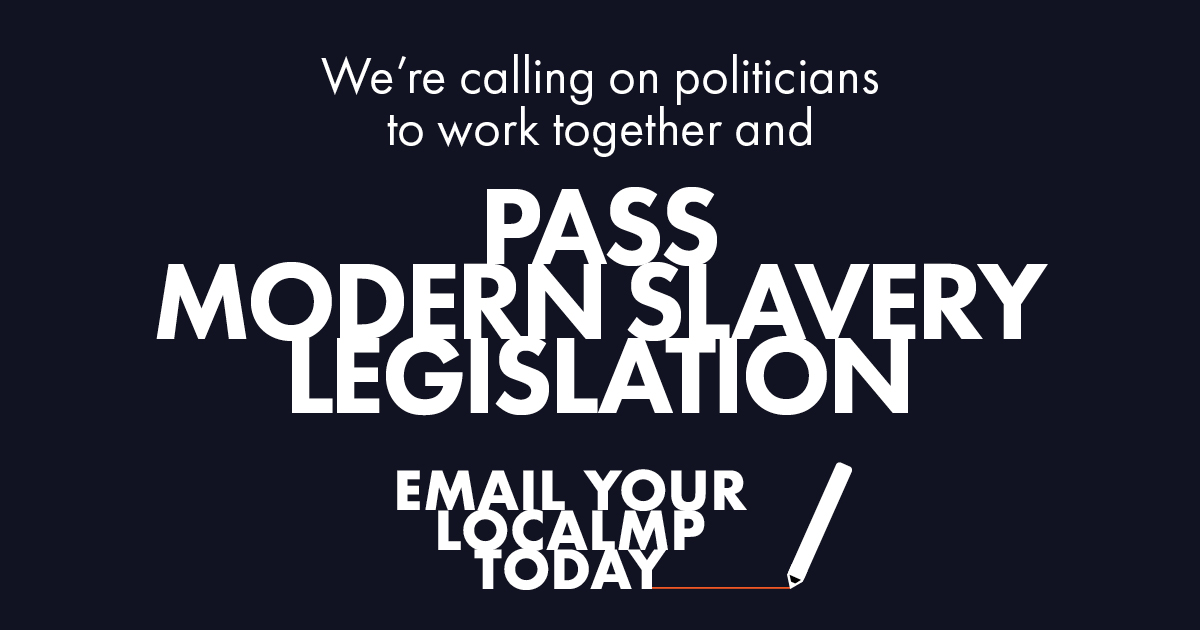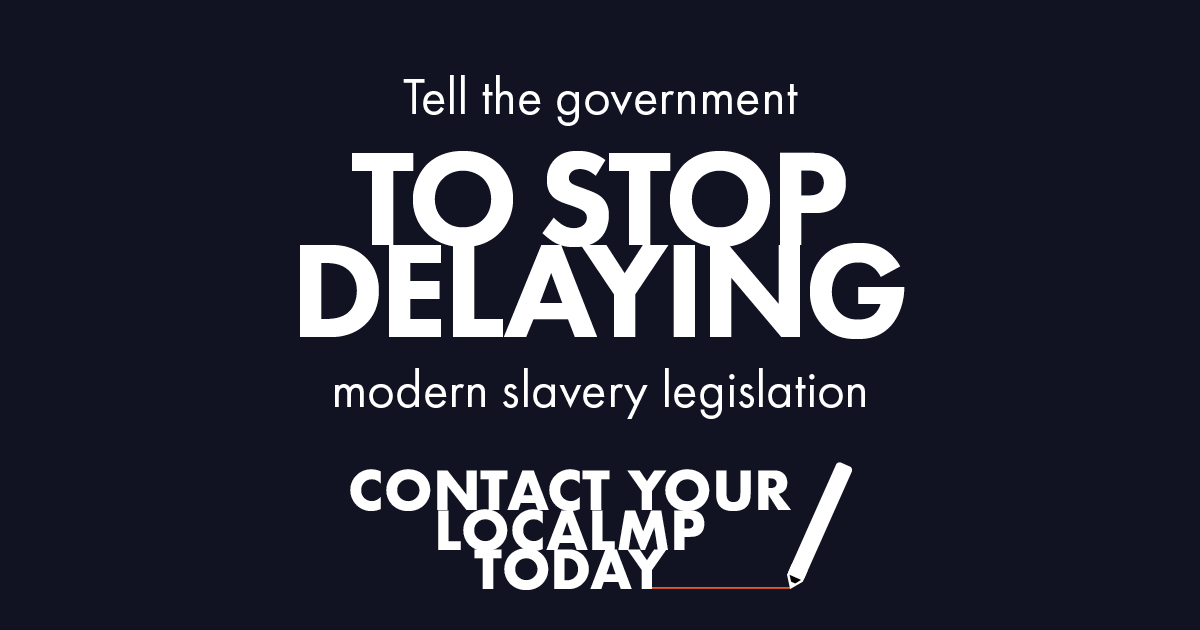
We’re proud to stand alongside World Vision in the push to fast-track much-needed Modern Slavery Legislation. But like any important reform, the path forward isn’t without its challenges.
At present, there are two separate Private Members’ Bills on the table: one from National MP Greg Fleming and another from Labour MP Camilla Belich. While both signal a welcome commitment to tackling modern slavery, having competing proposals from opposing parties risks creating confusion and slowing progress. What’s really needed is a unified, cross-party approach that puts people before politics and delivers meaningful change.
Here’s a comparison of the two modern slavery‑related Members’ Bills in Aotearoa:
Greg Fleming’s Private Member’s Bill
Title: Crimes (Increased Penalties for Slavery Offences) Amendment Bill
Key Features:
- Introduces harsher penalties by aligning domestic slavery offences (under section 98 of the Crimes Act) with those for human trafficking.
- Originally spurred by a student project highlighting disparity between penalties for international vs. domestic exploitation.
- Focuses on tightening enforcement of current legal provisions, including plans to amend sections 98 B, 98 D and 98 E.
(parliament.nz)
Limitations:
- World Vision and other NGOs welcome the move, but warn it falls short of needed comprehensive reform. They emphasise the low number of prosecutions and the absence of broader tools (e.g. due‑diligence mandates or a statutory commissioner).
(World Vision NZ)
Camilla Belich’s Proposal
Vision: Support for a Comprehensive Modern Slavery Bill originally drafted by independent legal and NGO experts.
Core Elements (drawn from model legislation and expert drafts):
- Mandatory modern slavery statements and due‑diligence reporting for large businesses.
- Establishment of an Independent Anti‑Slavery Commissioner to oversee implementation.
- Broader legal reforms to victims’ protections and definitions of trafficking.
(World Vision NZ)
Political Status:
- Belich offers cross-party collaboration to bring this expert‑drafted bill forward.
- As of mid‑2025, there is insufficient appetite among MPs to support introducing it as a Members’ Bill.
(RNZ)
Why the Distinction Matters
- Fleming’s bill addresses an urgent mismatch in enforcement and sentencing – but does not tackle underlying systemic issues: supply‑chain transparency, corporate accountability, or victim services.
- Belich’s proposed legislation aims to mirror international best practices and fulfil UN recommendations by embedding reporting obligations, oversight, and prevention mechanisms.
- Effectively, Fleming’s initiative is a necessary (but insufficient) starting point compared to the fuller reform advocated by Belich and civil society.
Where to from here?
Fleming’s Bill is a step toward strengthening enforcement within existing laws, but Belich and many NGOs insist that to meaningfully reduce modern slavery in Aotearoa, we need the kind of comprehensive legislation they’re calling for – covering corporate accountability, supply chains, victim support, and legal oversight.
We’re encouraging you to contact your local MP and ask them to support the fast-tracking of modern slavery legislation. It only takes 61 non-executive MPs to make it happen.
